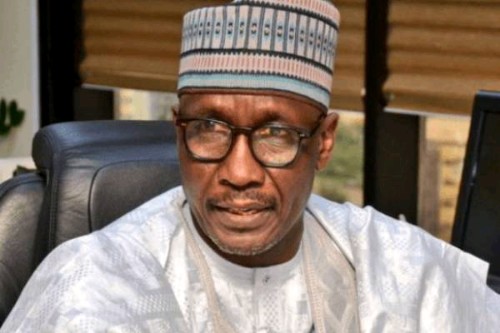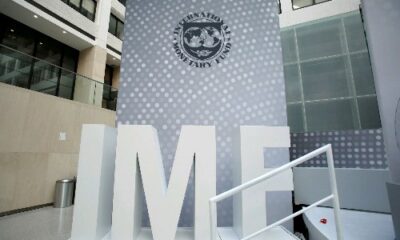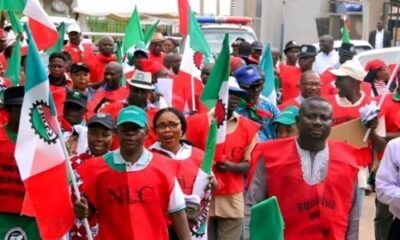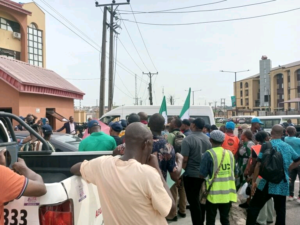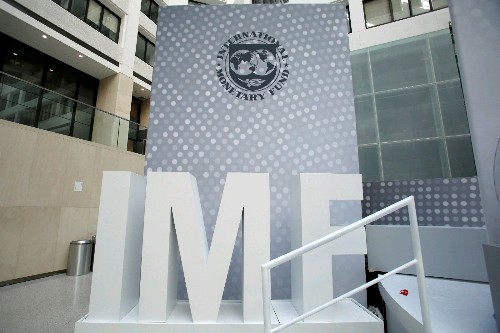The Nigerian National Petroleum Company Limited (NNPC) says it is ready for a forensic audit of its petrol supply and subsidy management framework.
Garba Deen Muhammad, group general manager, public affairs division, NNPC, said this in a statement on Saturday.
The Nigerian Customs Service (NCS) had refuted claims by the NNPC Limited that citizens consume about 60 million liters of petrol daily.
It further alleged that the oil company was supplying an excess of 38 million liters of petrol daily since “98 million liters” were lifted daily from the depots.
“If I am operating a fuel station today and I go to Minna depot, lift petrol and take it to Kaduna, I may get to Kaduna in the evening and offload that fuel. There is no way I would have sold off that petrol immediately to warrant another load,” Hammed Ali, comptroller-general of Customs, had said.
“So, how did you get to 60 million liters per day? That is my question. The issue of smuggling, if you release 98 million liters in actual and 60 million liters are used, the balance should be 38 million liters. How many trucks will carry 38 million liters every day? Which road are they following and where are they carrying this thing to?”
Responding to this in the statement, NNPC said between January and August 2022, the total volume of premium motor spirit (PMS), better known as petrol, imported into the country was 16.46 billion liters.
According to the company, the figure represents an average supply of 68 million liters per day.
“Similarly, import in the year 2021 was 22.35 billion liters, which translated to an average supply of 61 million liters per day,” the statement reads.
“The NNPC Ltd notes that the average daily evacuation (depot truck out) from January to August 2022 stands at 67 million liters per day as reported by the Nigerian Midstream and Downstream Petroleum Regulatory Authority (NMDPRA).
“Daily evacuation (depot load outs) records of the NMDPRA do carry daily oscillation ranging from as low as four million liters to as high as 100 million liters per day.
“The NNPC also wishes to point out that rising crude oil prices and PMS supply costs above PPPRA (now NMDPRA) cap had forced oil marketing companies’ (OMCs) withdrawal from PMS import since the fourth quarter of 2017.
“In the light of these challenges, NNPC has remained the supplier of last resort and continues to transparently report the monthly PMS cost under-recoveries to the relevant authorities.
“NNPC Limited also notes that the average Q2, 2022 international market-determined landing cost was US$1,283/MT and the approved marketing and distribution cost of N46/liter.
“The combination of these cost elements translates to a retail pump price of N462/liter and an average subsidy of N297/liter and an annual estimate of N65 trillion on the assumption of 60 million liters daily PMS supply.
“This will continuously be adjusted by market and demand realities.
“NNPC Ltd shall continue to ensure compliance with the existing governance framework that requires the participation of relevant government agencies in all PMS discharge operations, including Nigerian Ports Authority, Nigerian Midstream, and Downstream Petroleum Regulatory Authority, Nigerian navy, Nigeria Customs Service, NIMASA, and all others.”
The national oil company, however, said it recognized the impact of maritime and cross-border smuggling of petrol on the overall supply framework.
It also acknowledged the possibilities of other criminal activities in the PMS supply and distribution value chain.
“As a responsible business entity, NNPC will continue to engage and work with relevant agencies of the government to curtail smuggling of PMS and contain any other criminal activities,” the statement adds.
“We will continue to deliver on our mandate to ensure energy security for our country with integrity and transparency.
“We invite any forensic audit of the PMS supply and subsidy management framework of the NNPC.”
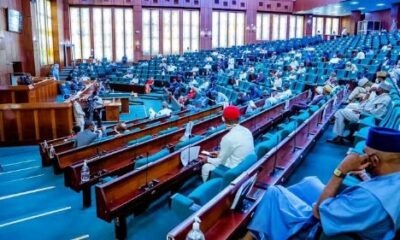
 BIG STORY4 days ago
BIG STORY4 days ago
 BIG STORY3 days ago
BIG STORY3 days ago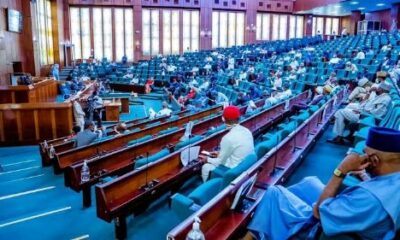
 BIG STORY4 days ago
BIG STORY4 days ago
 BIG STORY5 days ago
BIG STORY5 days ago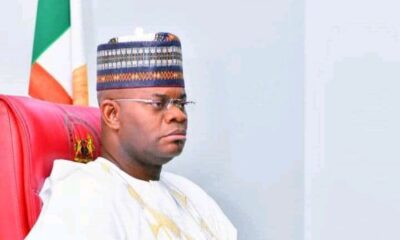
 BIG STORY3 days ago
BIG STORY3 days ago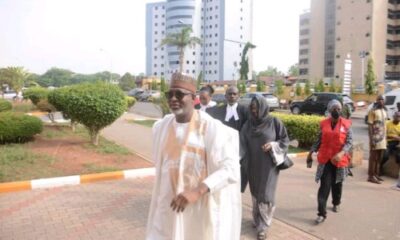
 BIG STORY4 days ago
BIG STORY4 days ago
 BIG STORY4 hours ago
BIG STORY4 hours ago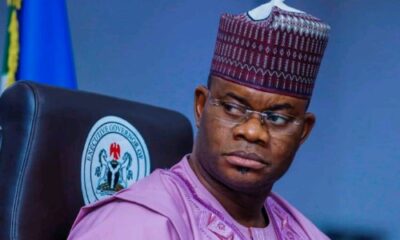
 BIG STORY3 days ago
BIG STORY3 days ago



